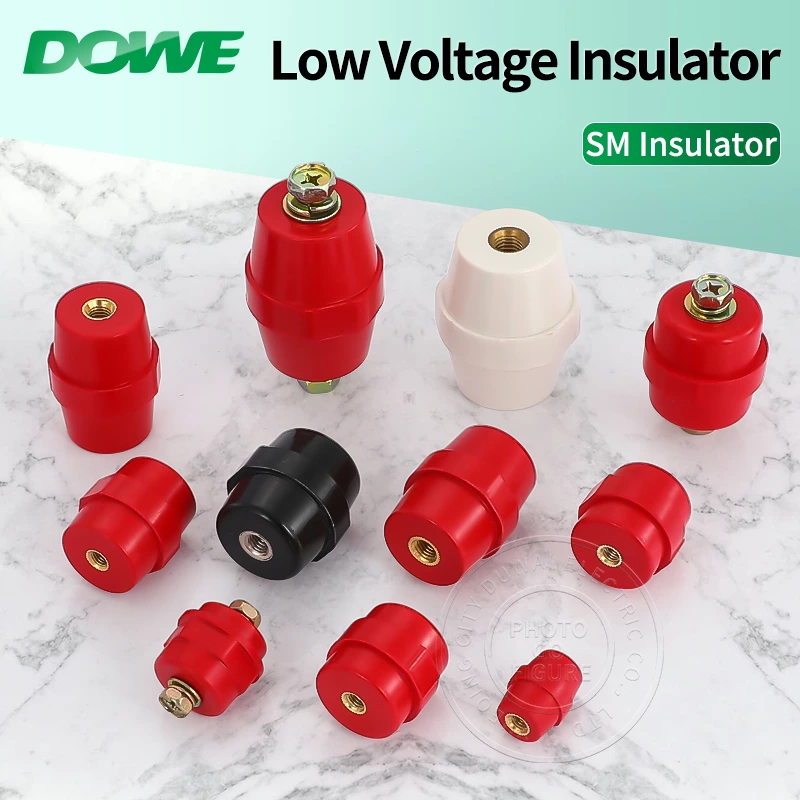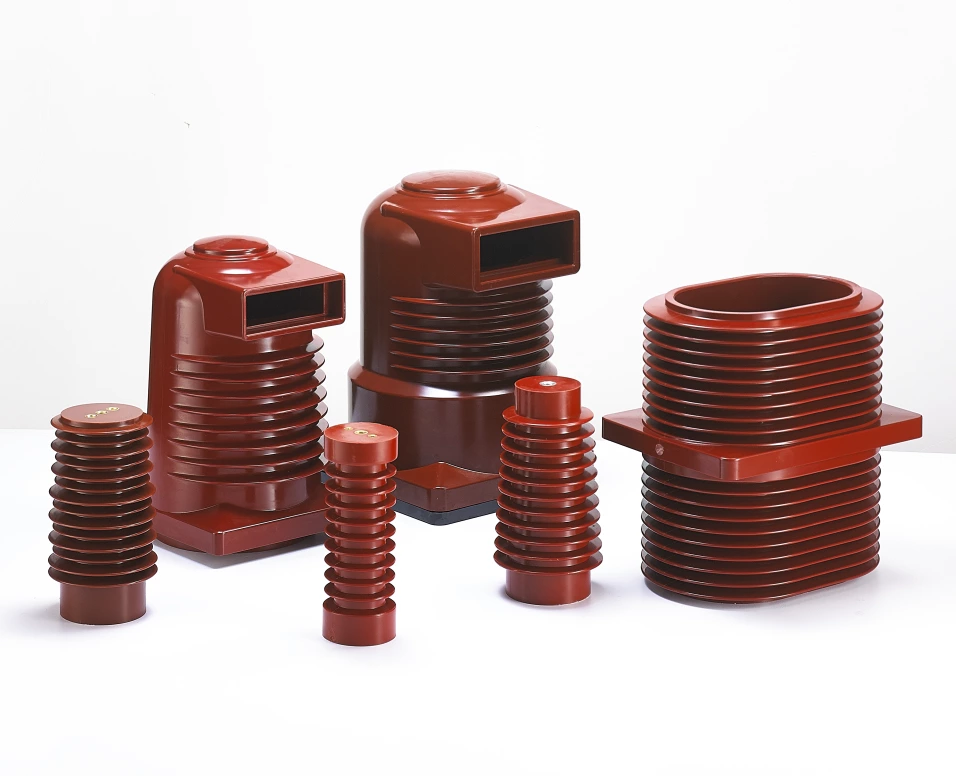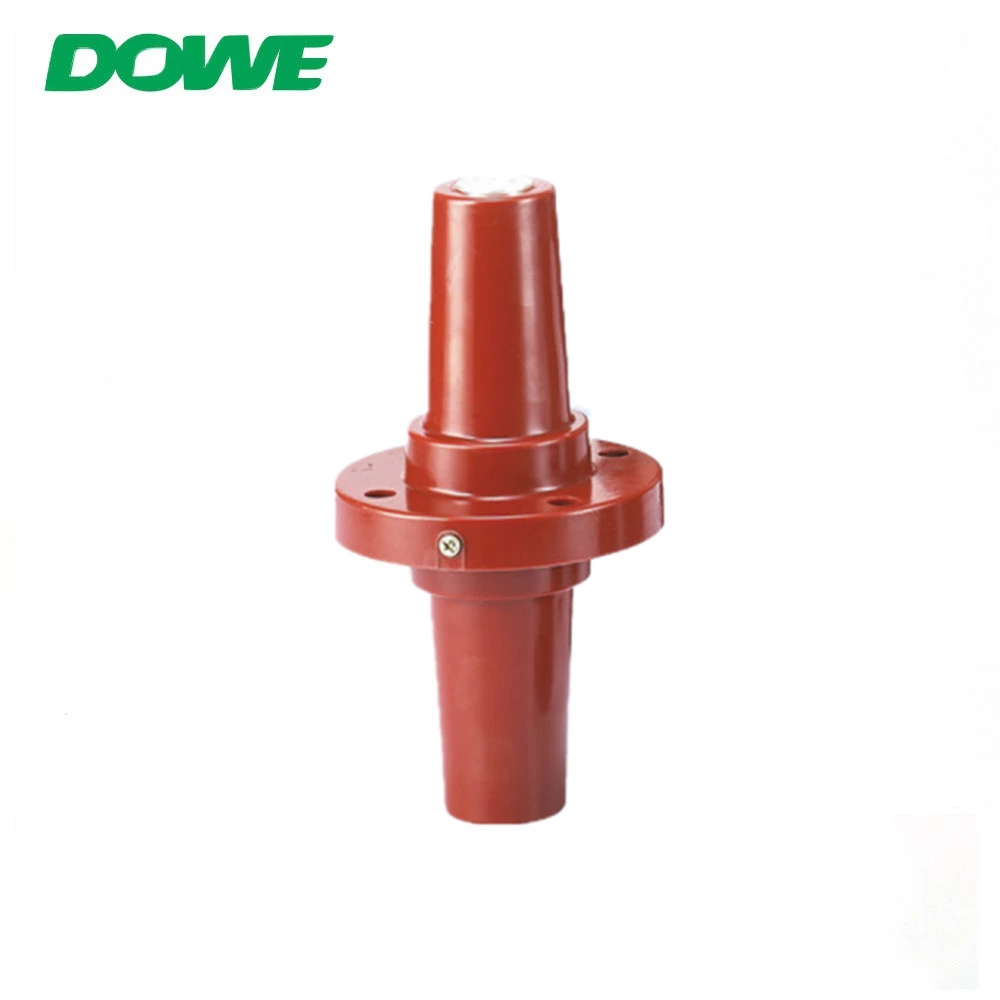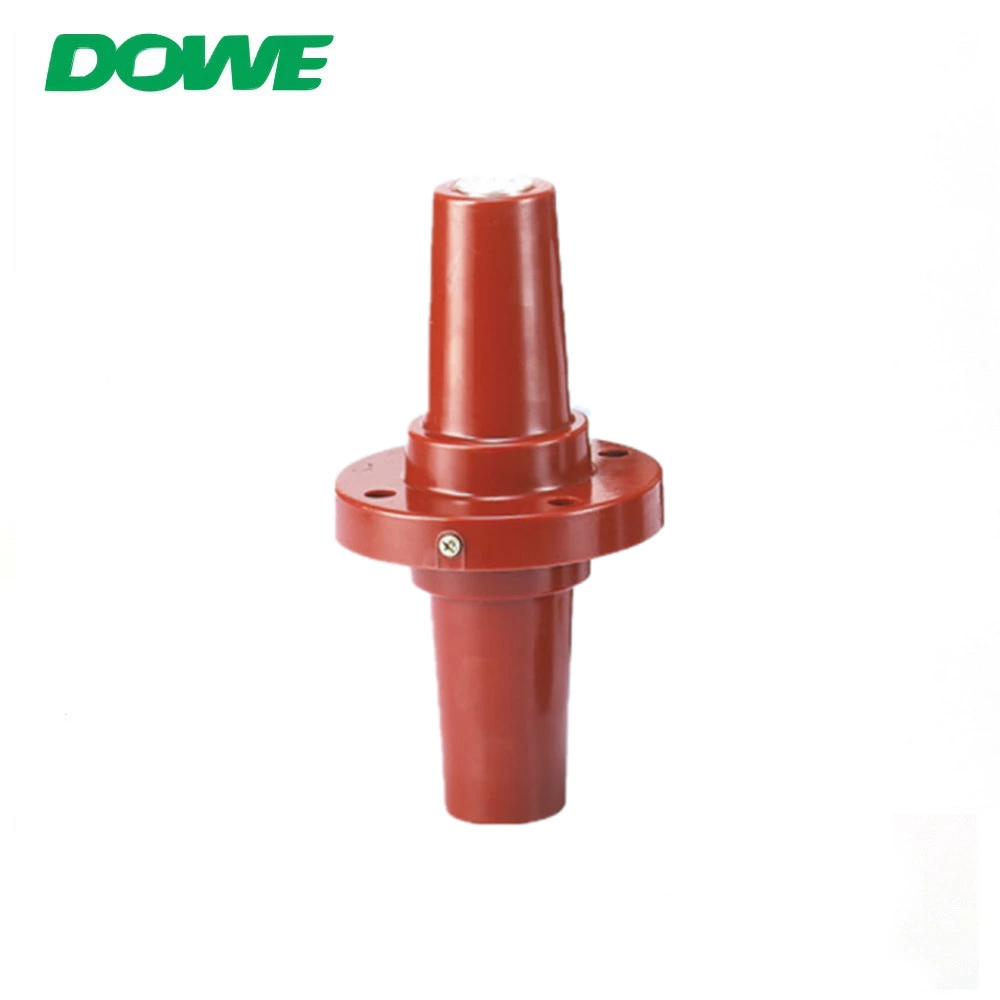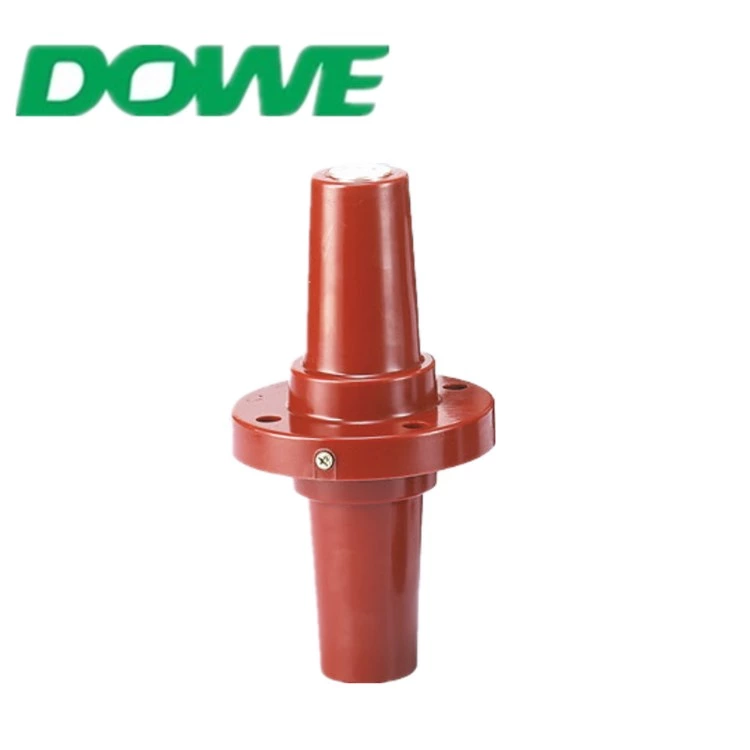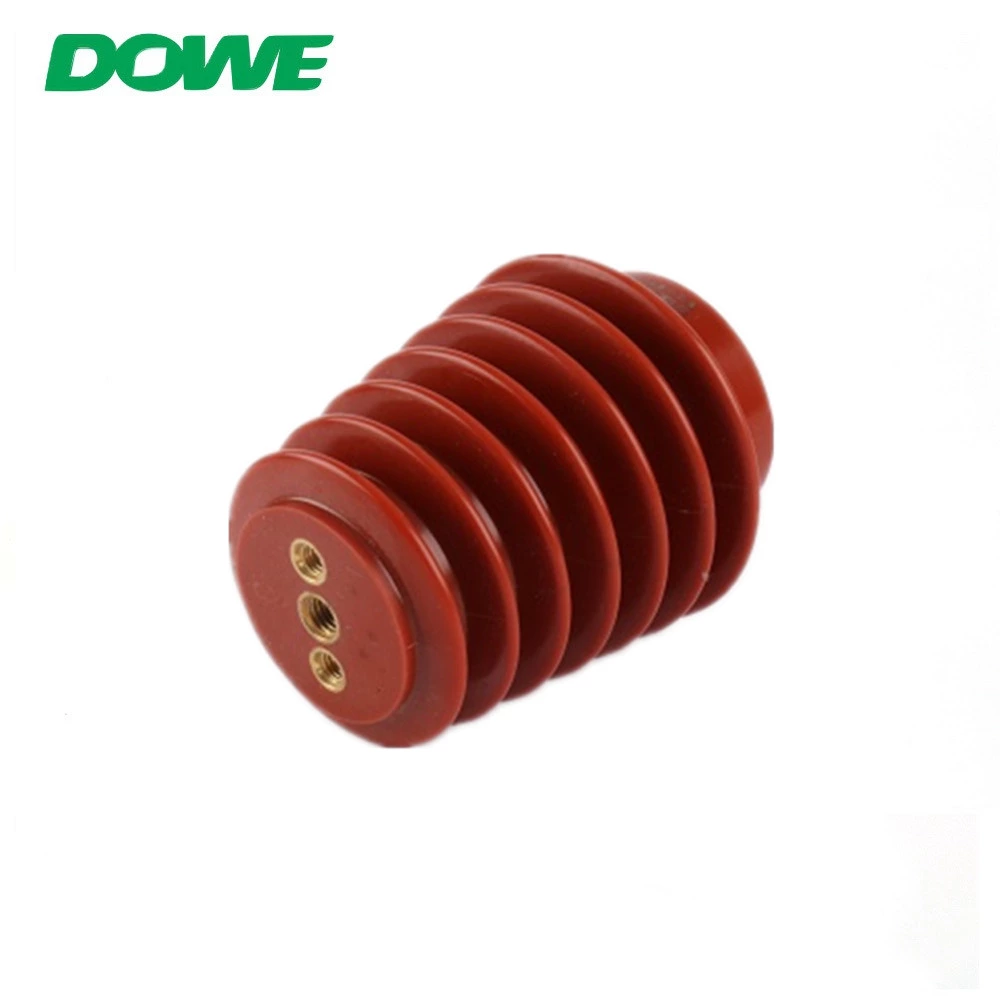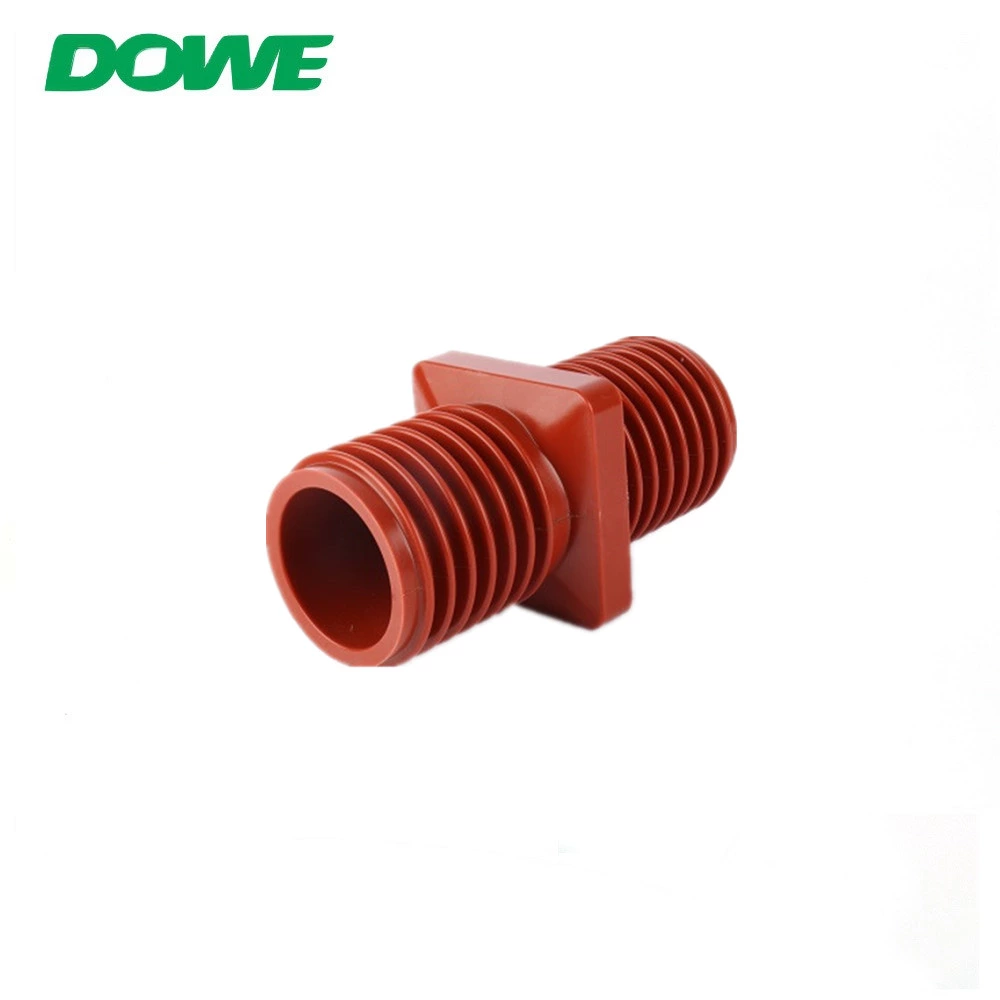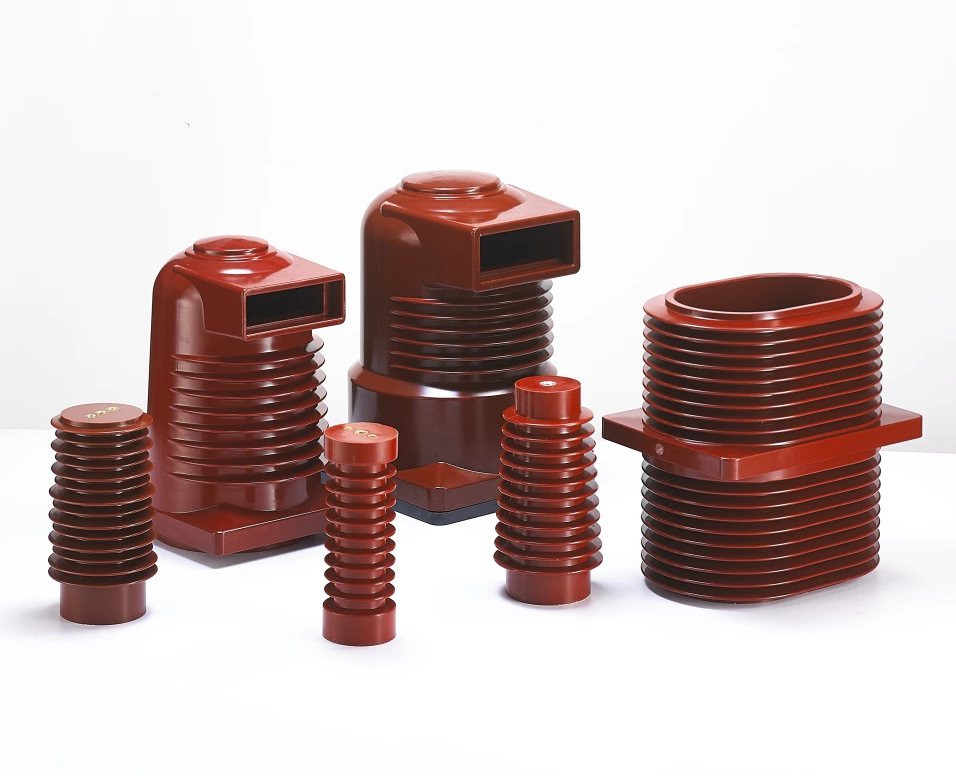What Are the Most Common Types of Busbar Insulators and Their Differences?
Selecting the right busbar insulator is tough. Poor choices risk safety and add costs. I discovered reliable insulators that meet global standards and boost performance.
There are three main types: ceramic, composite, and polymer. Each type offers unique benefits and drawbacks. I work with all types to meet varied project needs.
I once faced delays due to insulator failures. That event pushed me to study each type in detail. I now share what I learned to help you choose better insulators.
Table of Contents
- What Are the Advantages and Disadvantages of Each Busbar Insulator Type?
- What Customization Options Improve Busbar Insulator Performance?
- Conclusion
What Are the Advantages and Disadvantages of Each Busbar Insulator Type?
I compare insulator types often. Each one has clear pros and cons. I will explain how ceramic, composite, and polymer insulators differ.
Ceramic insulators are very strong but heavy. Composite insulators are light and easy to install. Polymer insulators are cost-effective but may have lower strength. I choose based on each project’s needs.

Ceramic Busbar Insulators
I value ceramic insulators1 for their durability and heat resistance. They work well in high voltage settings but are heavy and need careful handling.
| Property | Advantage | Disadvantage |
|---|---|---|
| Heat Resistance | High | Heavy |
| Durability | Long lifespan | Fragile under shock |
| Installation | Secure fit | Labor intensive |
Composite Busbar Insulators
I use composite insulators2 for their light weight and ease of installation. They mix ceramic and polymer benefits. They suit many medium voltage needs.
| Property | Advantage | Disadvantage |
|---|---|---|
| Weight | Light | Lower durability |
| Installation | Easy handling | Cost may be higher |
| Flexibility | Good design | Limited heat range |
Polymer Busbar Insulators
I find polymer insulators3 useful for their cost-effectiveness and flexibility. They are good for simple projects but may not suit high stress conditions.
| Property | Advantage | Disadvantage |
|---|---|---|
| Cost | Affordable | Lower strength |
| Flexibility | Easy to install | May degrade over time |
| Maintenance | Low upkeep | Sensitive to chemicals |
What Customization Options Improve Busbar Insulator Performance?
I believe in customization. Every project has unique needs. I use my own molds to quickly adjust insulator designs for better fit.
Customized insulators meet specific technical demands. They offer better performance and ensure safety. I tailor each product to suit different projects and quality standards.

Quality Assurance in Customization
I check every design for quality. I test samples to meet global certifications. I ensure that every customized insulator is safe and effective.
| Factor | Benefit | Note |
|---|---|---|
| Speed | Quick delivery | Fast production cycles |
| Quality | Reliable product | Must pass certifications |
| Flexibility | Custom designs | Meets unique needs |
Customization Process
I start with clear technical drawings. I provide sample tests and adjust designs based on feedback. I work closely with buyers to ensure a perfect match.
Conclusion
I reviewed busbar insulator types and customization options. I share these insights to help you choose the right product. Thank you for reading.
-
This resource explains the properties and applications of ceramic insulators, highlighting their benefits and limitations. ↩
-
This source details the pros and cons of composite insulators, helping readers compare different insulator types for informed decision-making. ↩
-
This link provides information on polymer insulators, explaining their cost-effectiveness and potential drawbacks in high-stress conditions. ↩
